Freud knew something about fear. Not the sudden shock of terror, but the creeping, sickening, slow-burn horror of the uncanny. A haunted house might make us jump, but how much more pervasive is that fear when the house is our own home, the monsters our own family, our own self even? It’s when the familiar becomes the unfamiliar, when the telephone call is coming from inside our own psyche, that the chills really build.
Already a subscriber? Log in
Subscribe for just $2 a week
Try a month of The Spectator Australia absolutely free and without commitment. Not only that but – if you choose to continue – you’ll pay just $2 a week for your first year.
- Unlimited access to spectator.com.au and app
- The weekly edition on the Spectator Australia app
- Spectator podcasts and newsletters
- Full access to spectator.co.uk
Or
Unlock this article
You might disagree with half of it, but you’ll enjoy reading all of it. Try your first month for free, then just $2 a week for the remainder of your first year.

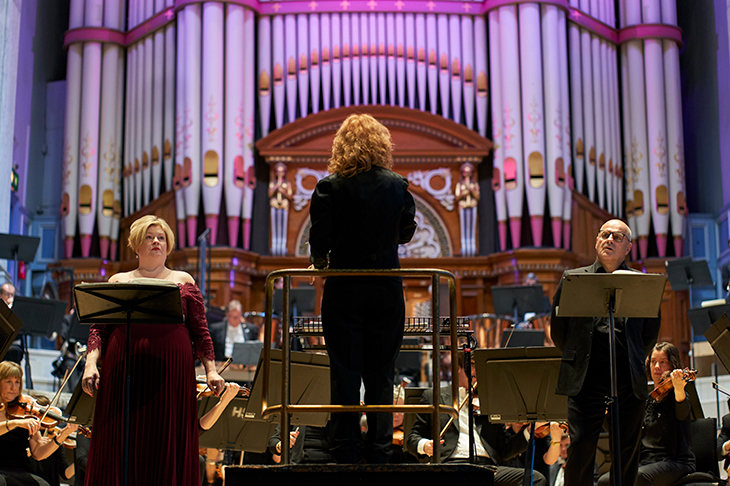
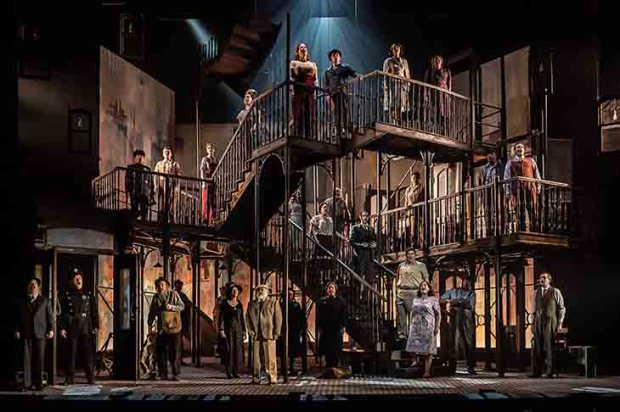
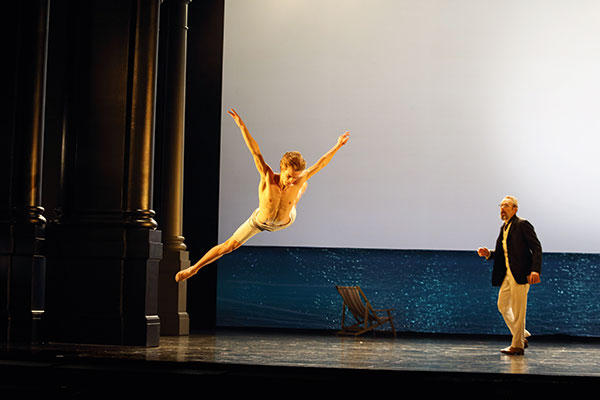
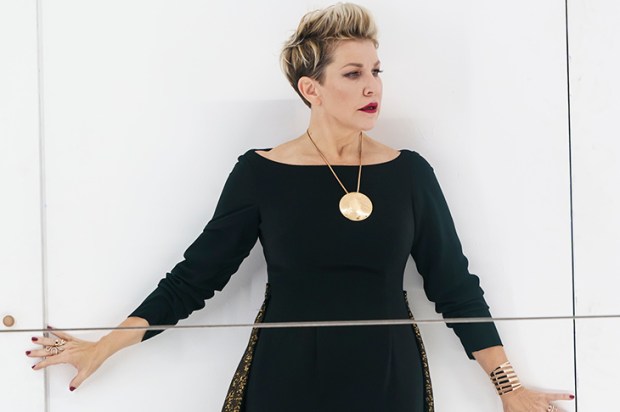
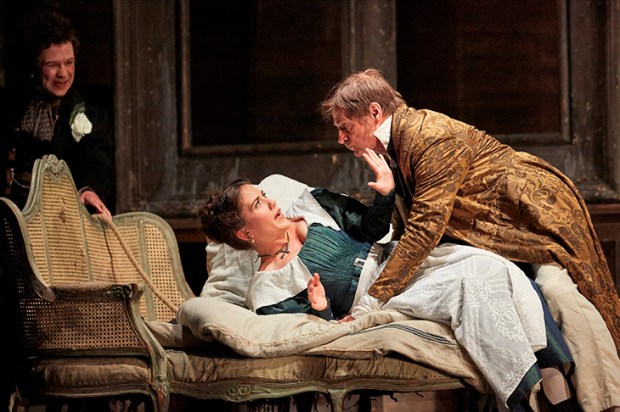
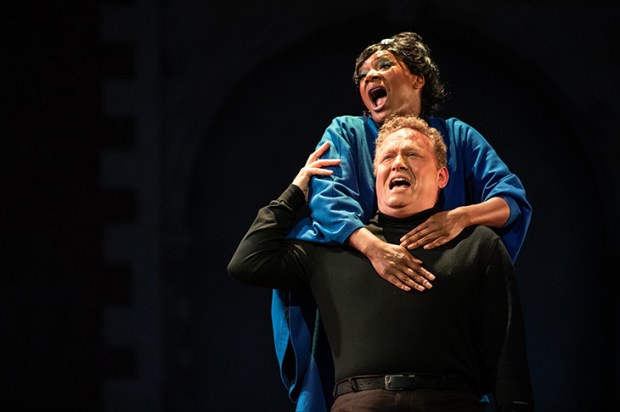
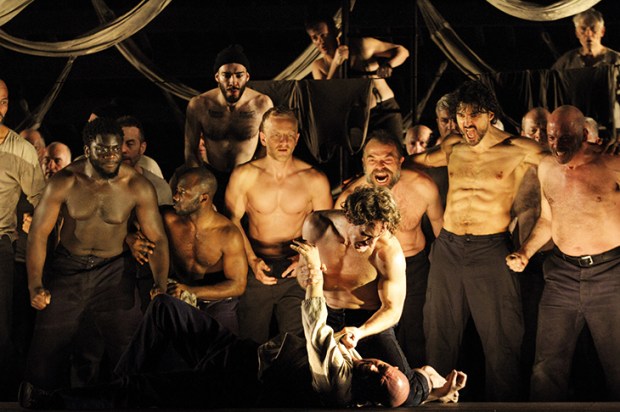






Comments
Don't miss out
Join the conversation with other Spectator Australia readers. Subscribe to leave a comment.
SUBSCRIBEAlready a subscriber? Log in